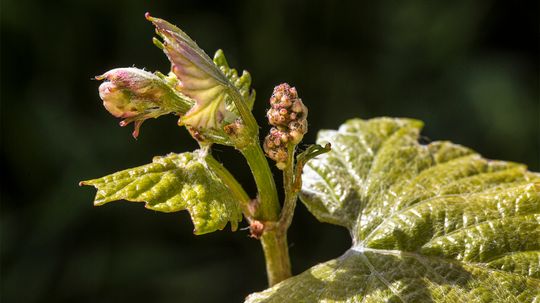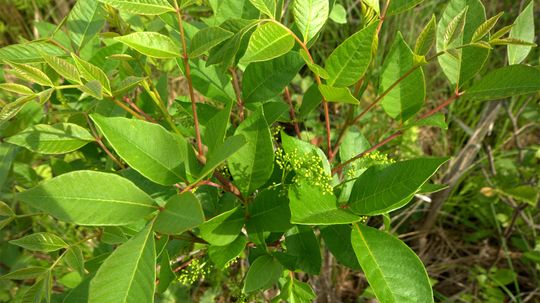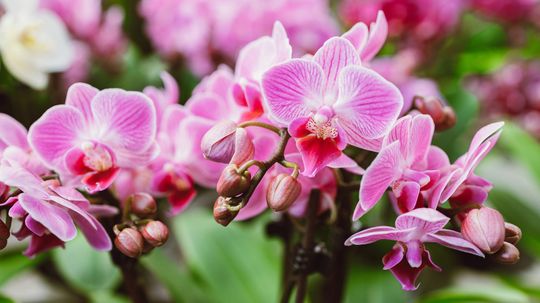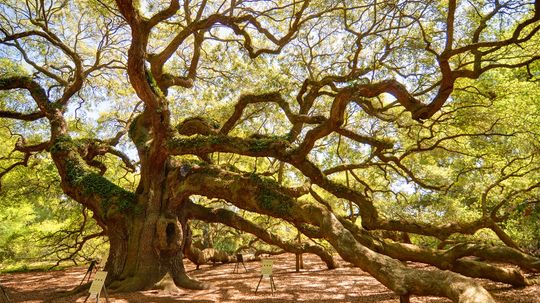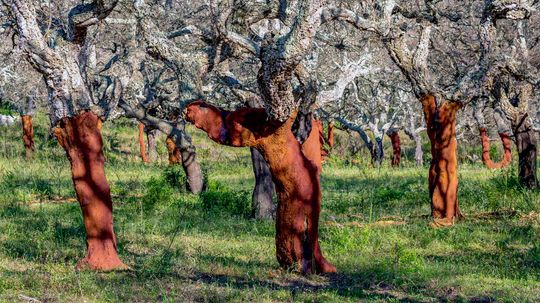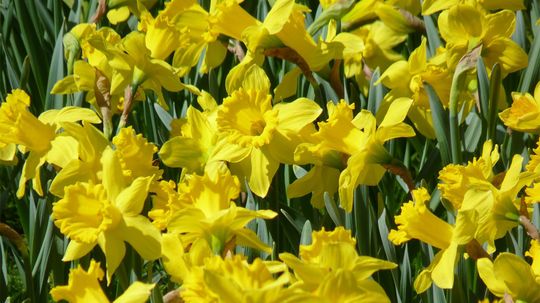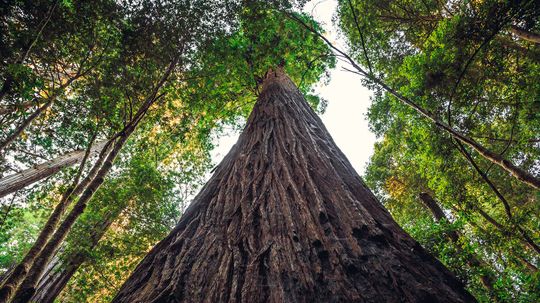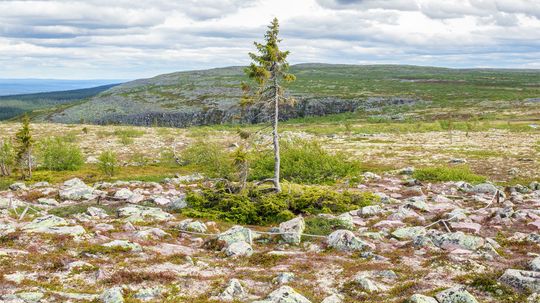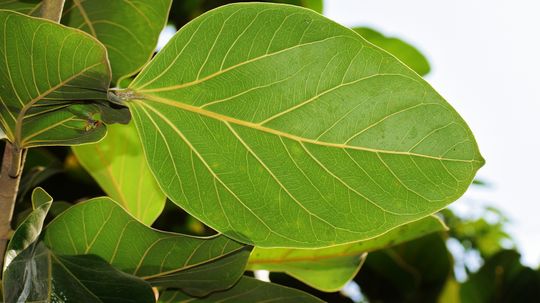Flowering Plants, Shrubs and Trees
Flowering plants, shrubs and trees provide the environment with much needed oxygen and fight soil erosion. They also provide food and shelter for many animals, as well as contribute to the fertility of soil with their dead leaves and flowers.
Learn More / Page 2
Machines can translate some of the biological functions of plants into synthesizer sounds. But are these synthesized translations the same thing as music?
Poison sumac is even more toxic than its cousins, poison ivy and poison oak, in its ability to cause allergic reactions and respiratory problems.
By Alia Hoyt
A massive white oak in the hometown of the University of Georgia has many wondering whether a tree can even have legal rights - and about the future of the environmental and animal rights movements.
By Jamie Allen
Advertisement
Orchids might be the sexiest flower in the greenhouse. Its very name comes from the Greek word for "testicle!" And its reproduction methods are pretty exotic too.
By Alia Hoyt & Desiree Bowie
On Johns Island, South Carolina, stands an oak tree so big and beautiful that people come just to stand under its branches and feel the magic.
Cork is the go-to material for wine stoppers and bulletin boards. So are we really running out of it? And if so, what happens?
By Wendy Bowman
Requiring little care and upkeep, daffodils are bright, showy perennials that symbolize rebirth and new beginnings.
By Wendy Bowman
Advertisement
You can't find trees taller than these behemoths. But do you know which is the tallest tree in the world?
In the quest for the title of world's oldest tree, there's some stiff competition, as well as questions surrounding the way we define "oldest."
By Laurie L. Dove & Sascha Bos
These majestic trees send their roots down in pillars from branch to ground, can form a canopy over 80 feet high and can live to be 250 years old.
